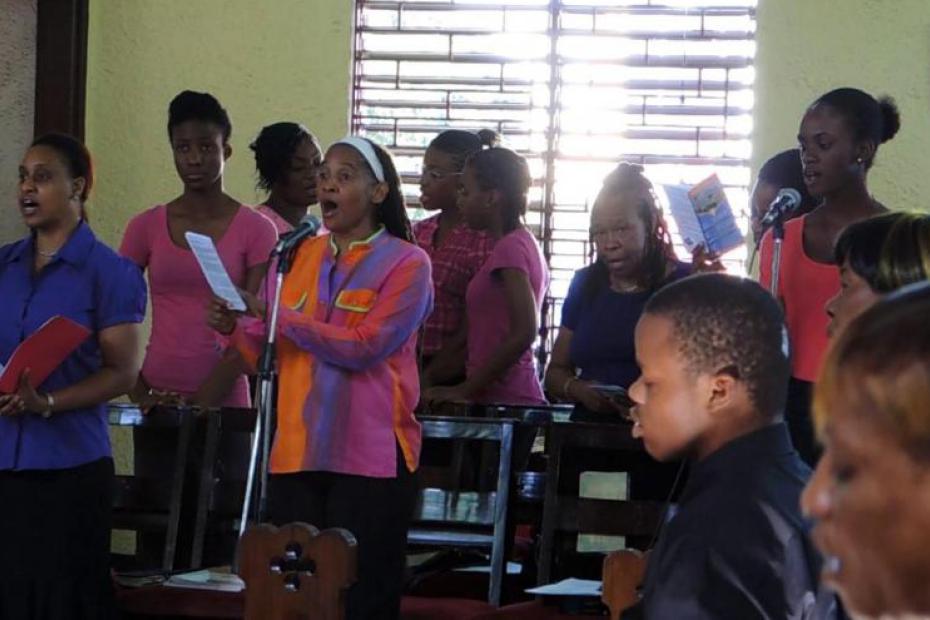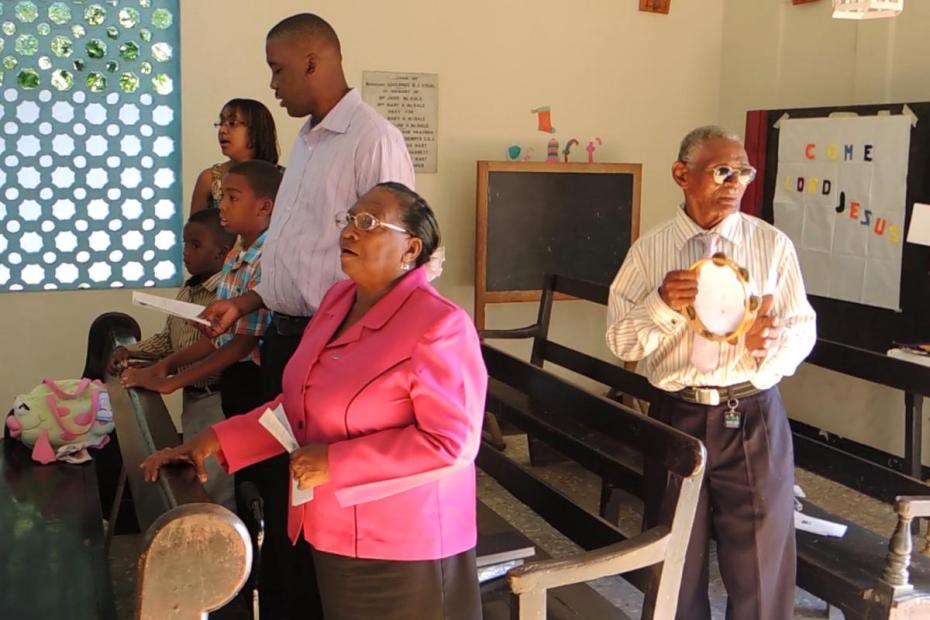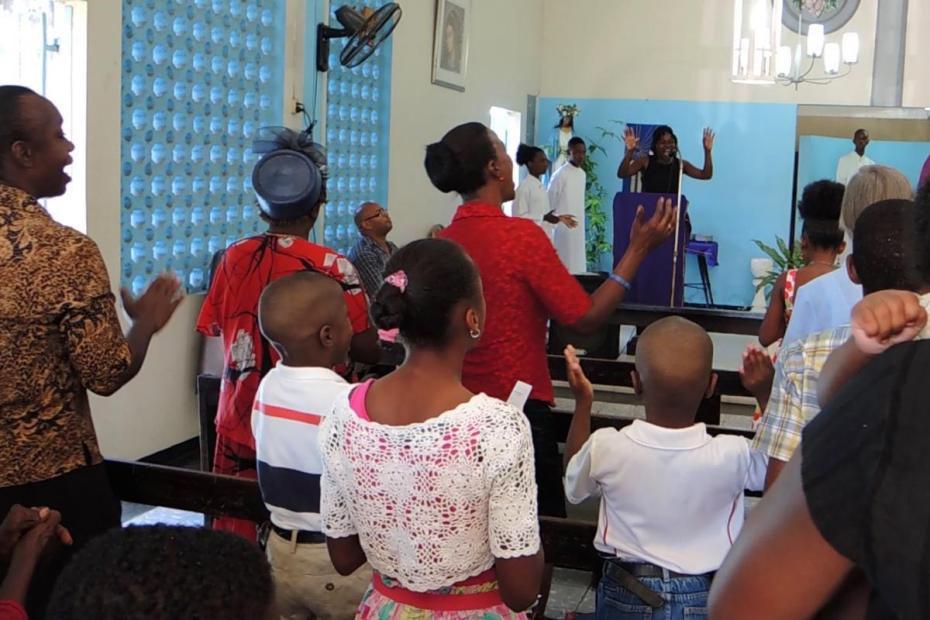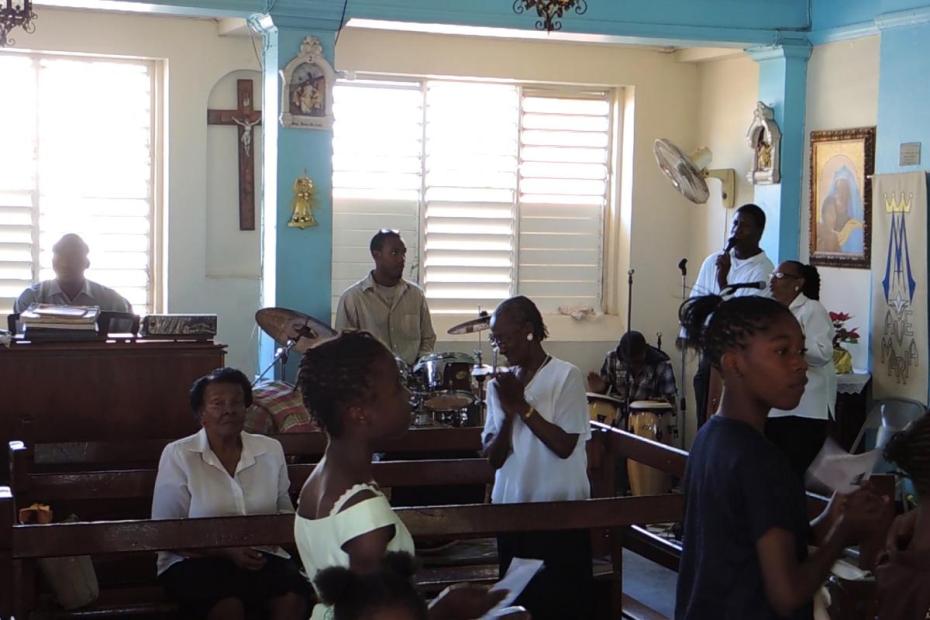Music is one of the primary markers Jamaicans use when they describe their culture. In interviews and informal discussions, they expressed both pride and worry about its impact. The pride was about how it embodied their identity and made them known worldwide, while the fear often referred to “dance hall” music, a form that they felt glamorized violence and sexual immorality even as it highlighted some of the difficulties faced by the poor.
Interestingly, while Jamaicans have overtly adapted to American norms in many ways, and fear that they look too longingly at North America, one barely hears American music there. Jamaican music is certainly influenced by some American trends, but Jamaicans turn it into something of their own rather than simply imitating or consuming it unchanged.
In church, too, music, and the way it is felt and performed, is a significant marker of how much a religious practice “belongs” in Jamaica. Catholics seemed to feel that they had some belonging to the larger Church when they borrowed liturgical music from other cultures, but a primary measure of inculturation for many had to do with how much the music was Jamaican-ized.
Catholic liturgical music in Jamaica draws from a wide range of musical sources, including more traditional European hymnody, post-Vatican II American Catholic music, African-American hymns and post-Vatican II Jamaican songs. Fr. Richard HoLung and others wrote a good deal of Caribbean inflected Catholic hymnody in the late 1960s and '70s that remains popular today.
The dominant creole and Pentecostalist system, said Diane Austin-Broos, has long regarded music “as an embodiment of worship rather than as a frame for worship.”1 Musical performance is extremely important to this worship, and openly includes celebration over what it means to be saved. The aim of music is a powerfully felt experience of the presence of God:
In the Jamaican [Pentecostal] church the music, rhythm and movement of the service take on a religiously potent quality in themselves. Where white [American] Pentecostals bring on the experience of the Holy Spirit by concentration and prayer, the Jamaican church members bring it on by cultivating religious fervour and excitement through these sense oriented forms of self-expression, and through losing themselves in their active participation in the communal events of the church… Where for the Americans singing a hymn is an act of praise, for the Jamaicans the song and all the dancing and rhythm that accompany it are a religious experience in themselves. This experience does not come about independent of the God that the songs praise; rather, the songs act as vehicles of the God’s power, and a means of experiencing Him.2
Worship videos exemplify the range of music at Jamaican Catholic churches, and contrast some of the qualities identified above, though even at the more middle class Holy Cross Church, music serves something of an embodiment function that is absent in many parts of the world.



